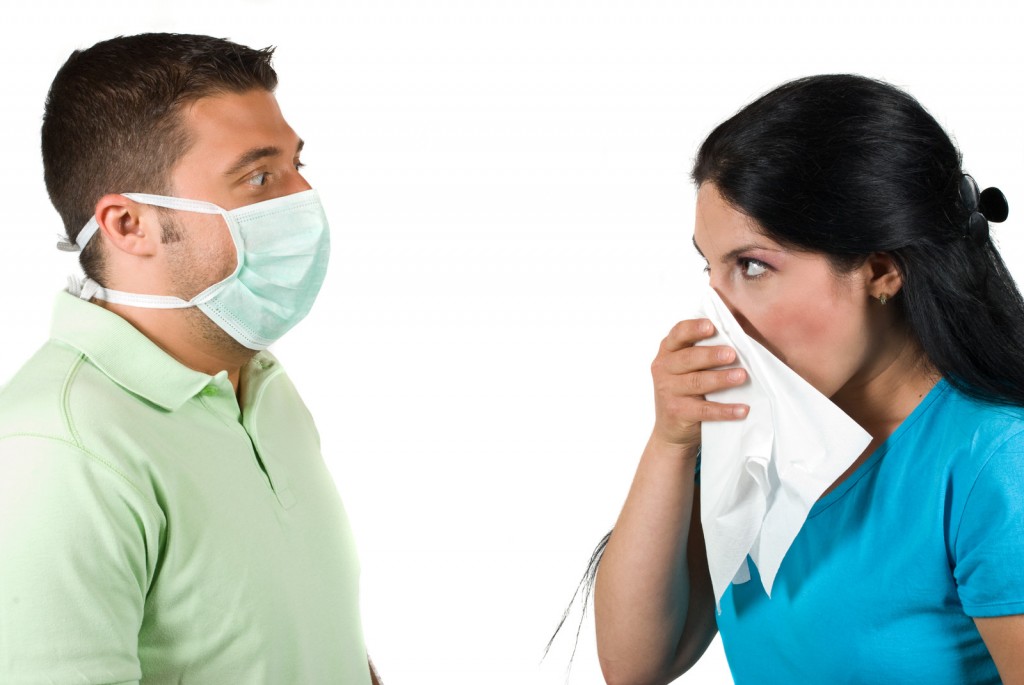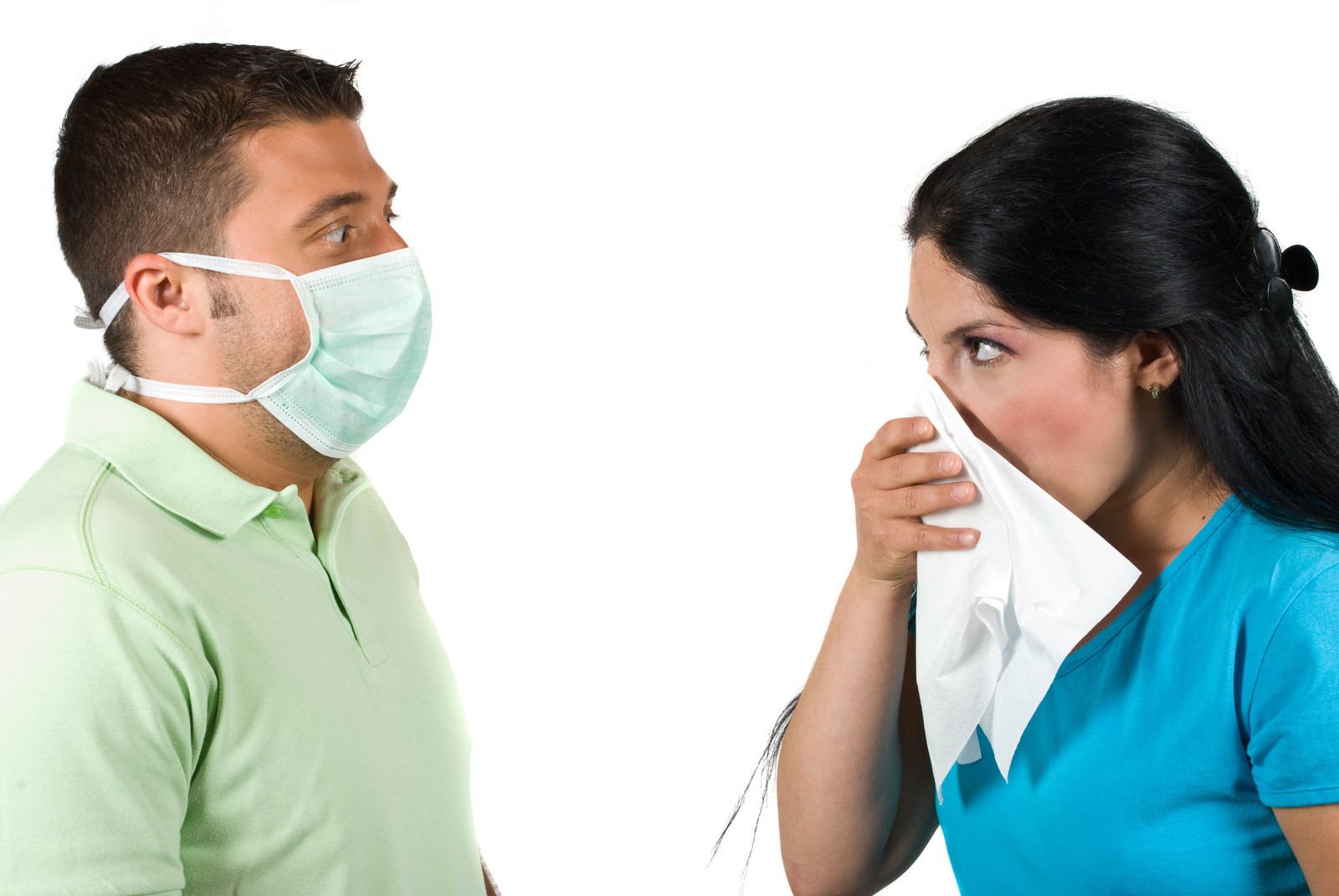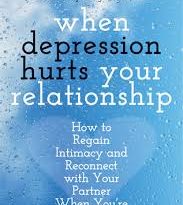Illness: Self-Advocacy in Social Settings; What We Wish You Understood

Why Is It Hard to Speak Up? 3 Guesses
Two weeks ago I attended a party for a friend who was visiting from Japan. He’s a friend I’ve known since high school. I went with other close friends. The party was in his yard. Three minutes in to the gathering, I realized there were a lot of mosquitoes. And yet I stayed for hours. There were guests at the party I did not know. I should have said that I could not be outdoors. But I didn’t. I did want to be with my friends. Also, I was afraid of offending the guest/host. The worst that could happen when we explain our diseases is that we don’t get invited to future events. The bites are why my foot is now swollen.
Why it’s hard to advocate for one’s self in social settings:
1) Fear of rejection—Some hosts/organizers will get it and some won’t. Some people cannot comprehend a reality foreign to theirs. But there are also friends who will try to plan activities that take into account our limitations when we speak up. We won’t know how a person will react if we aren’t honest with him or her.
2) Embarrassment—Especially when there are people we don’t know present, it can be hard to explain our conditions. To simplify things, we only have to explain as much as we feel comfortable sharing. We don’t need to defend ourselves like we are on trial even when we meet nosy friends of friends.
3) Fear the relationship may be strained or end—Yes, there are people who get offended. In retrospect, risking my health (especially with Myasthenia Gravis and psoriasis) by staying was not worth it.
Do you have a hard time speaking up in social settings?
What We Wish Loved Ones Could Understand
1) We are living in constant survival mode—Chronically ill people are continuously encountering limitations. There are many things I cannot eat; every few months I develop an anaphylactic shock to something else. Many things are a threat to us that are not a threat to you, things like coughing guests and pets. For instance, because of my asthma and myasthenia, I cannot be around friends who are smoking. Whenever in doubt, we have to err on the side of caution.
2) It’s not personal—This is not true of all chronically ill people, but some of us (myself included) can’t be around animals. I do not hate your dog or cat. I have known people who are unyielding about this and take it personally.
3) We feel guilty for the times we can’t be there—Whether it’s physical pain, fatigue, or mental illness, our social lives are interrupted by chronic illness. I remember this party I got dolled up for in college. As I was about to leave, I became extremely depressed (I have bipolar 2). That night, I kept trying to get out of bed but I didn’t have the energy to walk across campus. The host asked me why I didn’t attend his party a few days later; I couldn’t explain myself. He never spoke to me again. These days, I do miss many events because of my autoimmune diseases. In the future, I will speak up when it comes to outdoor events. Please remember: we really want to be there.
Related: 3 Tips for Celebrating a Holiday Alone
–Your Stylist, Jessica Gimeno
Like Us on Facebook
Meet other warriors! “Like” us on Facebook at https://www.facebook.com/fashionablyill.





